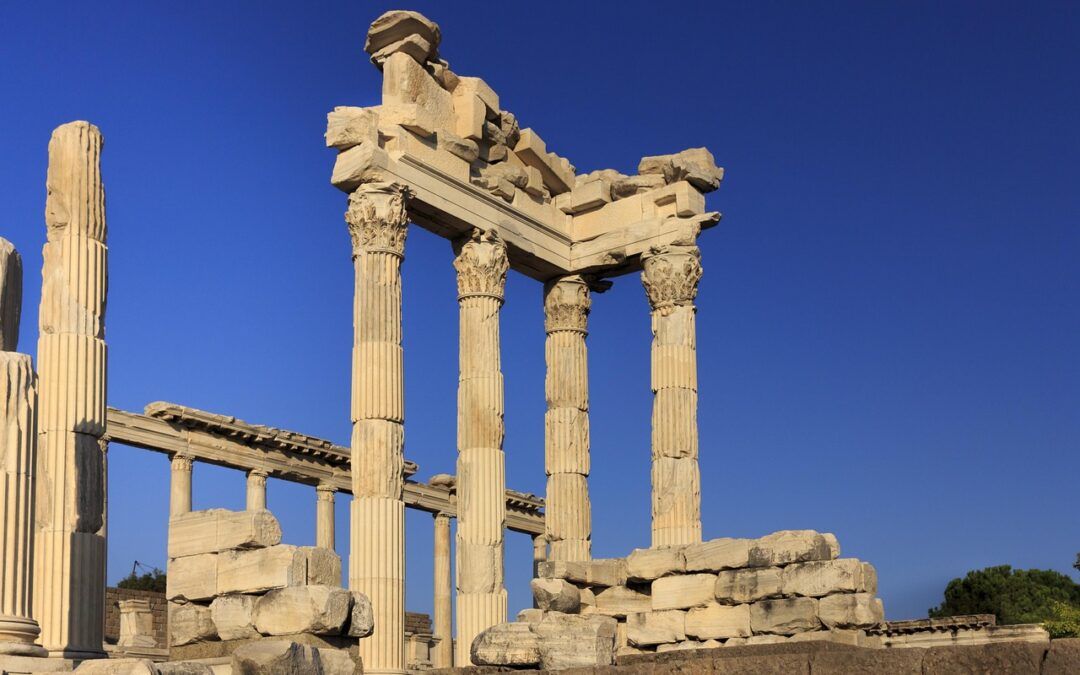Top source for What ancient civilizations contributed to modern astrology? in Via Lactea: The Latin name for the Milky Way, meaning “Milky Road.”
Horse, What ancient civilizations contributed to modern astrology?, and more
Unveiling the Cosmic Tapestry: Astrology and Your Equine Companion
A Journey Through Time:
As we delve into the celestial realm of astrology, we’re not merely exploring a system of predictions, but rather unearthing the profound connection humans have held with the cosmos for millennia. This connection, whispered through the stars, has found its way into our lives, our cultures, and even our relationships with our equine companions.
The Greeks: Myths and the Zodiac
The ancient Greeks, renowned for their philosophical and mythical narratives, embraced the celestial tapestry woven by their predecessors. They saw the stars as not only celestial bodies, but as divine beings, each with their own unique story and influence. This belief in the celestial beings, and the mythical tales that surrounded them, formed the bedrock of the Zodiac, a system that continues to fascinate and intrigue us to this day.
The Babylonians: The Dawn of Astrological Understanding
The Babylonians, pioneers of astronomical observation in the fertile valleys of Mesopotamia, forged a deep understanding of the celestial movements. They were the first to develop a system of astrology, believing the stars held the key to unraveling the past, present, and even the future. Their celestial wisdom, passed down through generations, became a foundational element of astrological practice, shaping the understanding of the cosmos that continues to resonate in our world.
The Romans: Interpreting the Cosmic Dance
The Romans, masters of governance and conquest, inherited the Babylonian and Greek astrological traditions, embracing the practice of interpreting the celestial tapestry. They meticulously charted the stars, developing a system of horoscopes – detailed analyses of an individual’s life, based on the alignment of the planets at the moment of their birth. This practice, born from a reverence for the celestial sphere, has woven its way into our collective consciousness, influencing our perceptions and aspirations.
Stargazing with Your Horse: Ancient Wisdom in the Milky Way
TL;DR: Have you ever looked up at the night sky and wondered what the stars mean? For centuries, people have used the stars to predict the future, tell stories, and understand their place in the universe. From ancient Babylonians to the Egyptians, these civilizations laid the foundation for the astrology we know today.
Unlocking the Secrets of the Cosmos
Imagine a time before electricity, before phones, even before cars. The night sky was your only source of entertainment and guidance. That’s how it was for people thousands of years ago. They looked up at the stars and saw patterns, like the constellations we know today, like Orion or Ursa Major (the Big Dipper). They saw the Milky Way, which is Latin for “Milky Road,” a band of light across the sky that we now know is a collection of billions of stars.
These ancient civilizations weren’t just looking at the pretty lights, though. They noticed patterns, like the changing positions of the sun, moon, and planets. They connected these changes to events on Earth like seasons, floods, and even the success of crops. Over time, they developed elaborate systems for understanding the universe and predicting the future based on the stars and planets.
Ancient Roots of Modern Astrology
H2: The Babylonians: The First Astrologers
The Babylonians, who lived in what is now Iraq, were some of the first people to develop a system of astrology. They were very good at math and astronomy, and they noticed the movements of the planets. They believed that the positions of these planets could influence people’s lives, and they used this knowledge to make predictions. They were so good at it that they even made up a system of 12 zodiac signs! They also divided the year into 12 months, and each month was associated with a specific sign.
H3: The Egyptians: Stars and the Afterlife
The Egyptians, known for their pyramids and pharaohs, were also interested in the stars. They used the stars for navigation, to tell time, and to predict the flooding of the Nile River, which was crucial for their crops. They believed that the stars were the souls of the gods, and they used them to navigate the underworld after death. They even created a special calendar based on the stars. They were famous for the idea that the stars could help us understand the past, the present, and even the future.
H2: The Greeks: Myths and the Zodiac
The Greeks, known for their mythology and philosophy, borrowed a lot of their ideas from the Babylonians and Egyptians. They loved to tell stories about the stars, and they created myths about the constellations. The Greeks are also credited with developing the concept of the zodiac, a system of 12 constellations that represent different personality traits and characteristics.
H3: The Romans: Horoscopes and the Sun
The Romans, who were powerful conquerors, loved their astrology! They believed that the stars could influence everything from their careers and relationships to their health and happiness. They even used astrology to make decisions about war and politics. The Romans also started using horoscopes, which are detailed predictions about a person’s life based on their birth date and the position of the planets at the time of their birth.
H2: The Impact of Astrology on Our World Today
Today, astrology is still popular all over the world. Many people read horoscopes in newspapers and magazines, visit astrologers for readings, and even use astrology apps on their phones. Astrology has evolved over time, and people use it in different ways, but its roots can be traced back to those ancient civilizations.
Today’s Horoscopes: Your Daily Cosmic Forecast
Aries: It’s time to embrace your inner leader, Aries! Your energy is high, so take charge and tackle those tasks that have been sitting on your to-do list.
Taurus: The stars are aligning for you to indulge in some self-care, Taurus. Pamper yourself with a warm bath, delicious meal, or a relaxing afternoon with your horse.
Gemini: Your communication skills are shining bright today, Gemini. Connect with others, share your ideas, and engage in stimulating conversations.
Cancer: Focus on nurturing your emotional well-being, Cancer. Spend time with loved ones and create a cozy space where you feel safe and supported.
Leo: You’re in the spotlight today, Leo! Embrace your confidence, showcase your talents, and shine brightly.
Virgo: Your practical side is coming to the forefront, Virgo. Organize your tasks, plan ahead, and achieve your goals with efficiency.
Libra: Harmonious relationships are favored today, Libra. Spend time with your partner, friends, or family and nurture your connections.
Scorpio: Intense emotions may arise, Scorpio. Explore your deepest feelings and embrace the power of your intuition.
Sagittarius: Adventure awaits you, Sagittarius! Embrace new experiences, expand your horizons, and seek knowledge.
Capricorn: Focus on your career and ambitions, Capricorn. Your hard work and determination will lead to success.
Aquarius: Think outside the box, Aquarius. Express your individuality, embrace change, and inspire others with your unique perspective.
Pisces: Follow your dreams and intuition, Pisces. Your creativity is heightened, so let your imagination soar.
Bringing the Stars to Your Stable
Now that you have a better understanding of the ancient origins of astrology, you can enjoy the fascinating world of the stars with your horse. Whether you’re just starting out with astrology or you’re a seasoned stargazer, there’s something special about sharing the wonders of the universe with your equine friend. Remember to look up at the Milky Way with your horse and let your imagination wander to the ancient civilizations who first charted its beauty.
Don’t forget to check out Daily Swine for more interesting articles!
More on What ancient civilizations contributed to modern astrology?…
- ## SEO Keywords related to “What ancient civilizations contributed to modern astrology?”
- ancient civilizations and astrology
- origins of astrology
- history of astrology
- ancient astronomy and astrology
- Babylonian astrology
- Egyptian astrology
- Greek astrology
- Roman astrology
- Indian astrology
- Chinese astrology
- Mayan astrology
- Aztec astrology
- influence of ancient civilizations on astrology
- astrology in ancient times
- ancient astrological practices
- development of astrology
- early astrology
- modern astrology roots
- astrological traditions
- ancient astronomy and the zodiac
- ancient star charts
- celestial observations in ancient times
- astrology in ancient cultures
- influence of ancient beliefs on astrology
- ancient wisdom and astrology
- ## SEO Keywords related to “Horse”
- horse breeds
- horse care
- horse riding
- horse training
- horse racing
- horse breeding
- horse health
- horse anatomy
- horse behavior
- horse facts
- horse history
- horse myths
- horse legends
- horse symbolism
- horse in mythology
- horse in art
- horse in literature
- horse photography
- horse videos
- horse products
- horse supplies
- horse equipment
- horse accessories
- equestrian sports
- horse shows
- horse competitions
- horse therapy
- horse rescue
- horse adoption
- horse welfare
- horse conservation
- horses for sale
- horses for lease
- horse farms
- horse ranches
- horse riding lessons
- horse riding schools
- horse riding trails
- horse riding holidays
- horse tourism
- horse lover
- horse enthusiast
- horse owner
- horse care tips
- horse training techniques
- horse health problems
- horse diseases
- horse injuries
- horse first aid
- horse nutrition
- horse feed
- horse supplements
- horse grooming
- horse tack
- horse saddles
- horse bridles
- horse boots
- horse blankets
- horse rugs
- horse trailers
- horse stables
Embark on a Mystical Journey…
Harness The Power Of The Universe &raq...
How Does The Concept Of Fate And Free ...
"How Stars Reveal Your True Self" / Un...
How Can You Discover Star Mysteries Wi...
Celestial Guidance For Life Decisions ...
How Has Astrology Evolved Over Centuri...
Contents
- 1 Horse, What ancient civilizations contributed to modern astrology?, and more
- 2 Unveiling the Cosmic Tapestry: Astrology and Your Equine Companion
- 3 Stargazing with Your Horse: Ancient Wisdom in the Milky Way
- 4 More on What ancient civilizations contributed to modern astrology?…
- 5 Harness The Power Of The Universe &raq...
- 6 How Does The Concept Of Fate And Free ...
- 7 "How Stars Reveal Your True Self" / Un...
- 8 How Can You Discover Star Mysteries Wi...
- 9 Celestial Guidance For Life Decisions ...
- 10 How Has Astrology Evolved Over Centuri...



